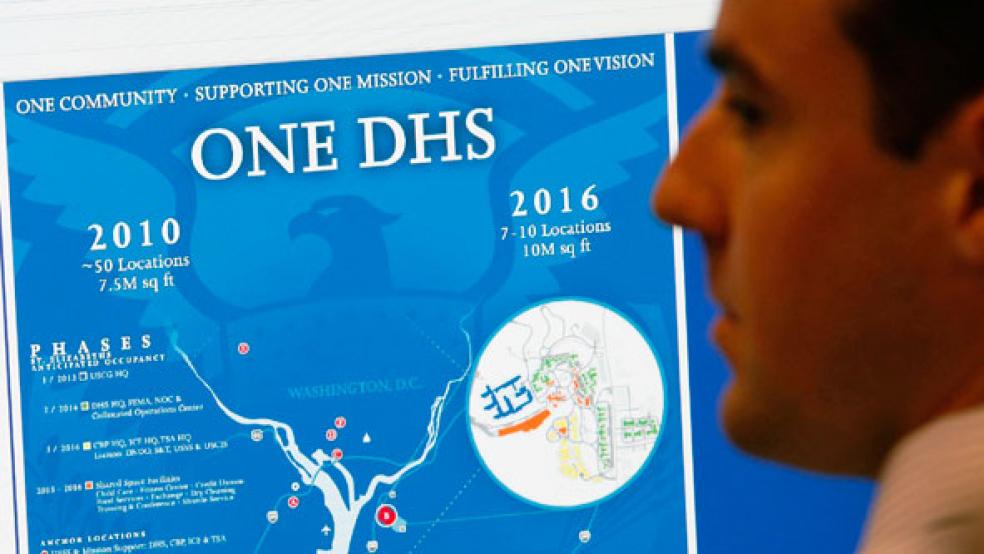The Homeland Security Department has decided to move up the launch of a long-delayed system for digitally verifying student visas to roughly June 1. The action comes after federal officials acknowledged that a foreign youth accused of hiding evidence following the Boston bombings was able to re-enter the country without valid documents.
On Tuesday, a U.S. official told Nextgov that DHS had been working for a number of months to reform the traditional process of manually searching visa information for all visitors exiting and re-entering the country.
The government has been laboring for a decade to deploy a system that immediately pulls up visitor status changes and law enforcement records to prevent incidents like the Sept. 11, 2001, terrorist attacks. But the relevant databases across Homeland Security, the State and Justice departments and other pertinent agencies have been difficult to cross-check.
Recently, DHS set up an exit system just for foreigners with arrest records, because the government viewed offenders as greater threats than other visa holders. Now, as details emerge about the chase for the Boston bombers, the priority is on changing the student visa review system. The goal is to have in place a technological solution to the old manual process by the end of the month, DHS Secretary Janet Napolitano said at a Washington event on Monday.
The dangers of lax student visa enforcement were underscored when federal officials admitted last week that Azamat Tazhayakov, a student from Kazakhstan, left school on Jan. 4 but was allowed to re-enter the United States on Jan. 20. His visa appeared valid because the expiration date was set for Aug. 30 and he had no criminal history, officials said. U.S.
Customs and Border Protection officers "had not been notified that the individual had left school," DHS officials said in a statement. Homeland Security will adjust the identification system so that CBP sees "real-time updates on all relevant student visa information."
Computerizing ID checks for visa holders has been slow going for years, lawmakers repeatedly have said.
In September 2011, at a House Homeland Security Committee hearing, DHS officials assured lawmakers that within the next year they expected to finally have a system for tracking foreigners booked on offenses who had overstayed their visas. Then, in March 2012, they told the same House committee that, within a month, they would have a plan for a biometric system capable of identifying all overstays.
Kellie Lunney contributed to this report.

